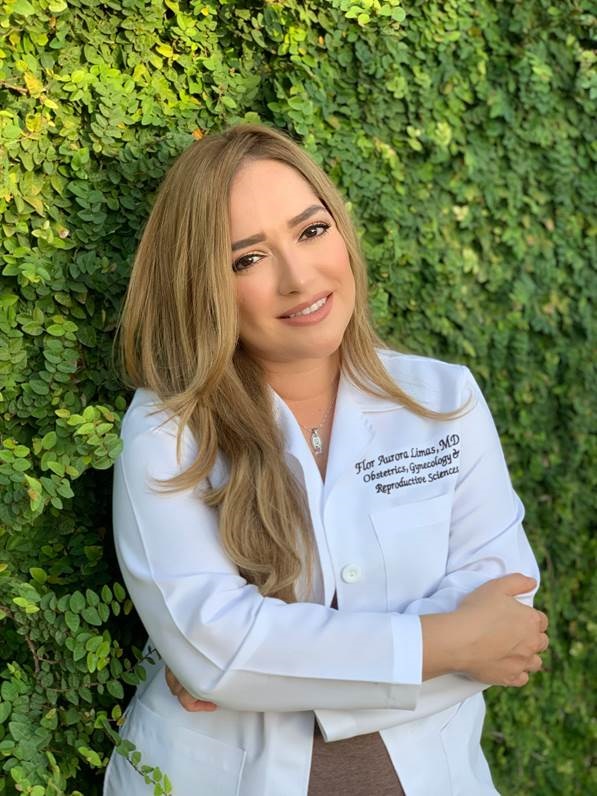
Written by: Dr. Flor Limas
Prevention and screening are the two most important topics of discussion for Cervical Cancer Awareness. Approximately 14,000 women living in the U.S. will be diagnosed with cervical cancer every year and nearly all cases can be attributed to human papillomavirus infection (HPV). That is why I emphasize with my patients the importance of getting the HPV vaccine and screening for HPV at the appropriate and recommended ages.
There are currently three vaccines protecting against both HPV 16 and 18, which are known to cause at least 70% of cervical cancers. Out of these three vaccines, only one is available in the US. This vaccine protects a total of 9 types of HPV which are known to cause 99% of all the cervical cancers. Along with the most aggressive types of HPV which cause cervical cancer (16 & 18), this vaccine also protects against the types of HPV which cause anogenital warts. The ideal time to vaccinate boys and girls is between ages 11 and 12, but it can be done as early as 9 years old.
The presence of high-risk HPV is checked in pap smears depending on your age. There are multiple recommendations regarding the timing of HPV-pap test as well as the frequency with which a woman should get this testing done. Generally speaking, if you are younger than 30 years old, a pap smear alone will be done. If the cervical cells obtained in the pap smear are abnormal, then we proceed to test also for high-risk HPV. If you are 30 years old or older, then a combination of pap smear with HPV testing is done. These are the recommendations by the American College of Obstetrics and Gynecology and American Cancer Society. In young women, especially those younger than 24 years old, the probability of developing cervical cancer is very low even in the presence of high-risk HPV.
It is very important to see your gynecologist every year to get a check-up and a well woman exam. I encourage patients to get pap smears, and HPV testing if indicated, in order to detect early cervical lesions. This early detection can avoid any further abnormal changes which can lead to cervical cancer. Nowadays a simple pap smear test can make all the difference between abnormal cells which can be treated and a debilitating cancer which could have been prevented.
Is there a topic you would like our healthcare experts to address? Send an e-mail to [email protected] and you may see it addressed here in future Ask the Expert columns.




